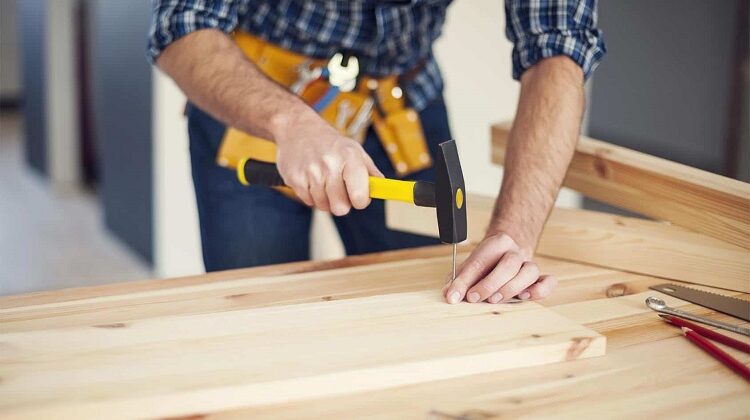Dubai’s skyline stands as a testament to its rapid development and modernity, featuring skyscrapers and architectural masterpieces that dazzle its landscape. Carpentry plays an essential part in shaping buildings’ aesthetic appeal and structural integrity; to maintain high standards of quality and safety in Dubai carpentry work is subject to stringent regulations and standards that uphold excellence in craftsmanship while protecting occupants. In this article we delve deeper into these regulations while outlining what measures have been put in place in order to uphold excellence while upholding excellence craftsmanship as well as safeguard occupant wellbeing. Contact Dubai Carpentry Today for free consultation.
Building Codes and Regulations:
Carpenter work in Dubai falls under the purview of various building codes and regulations enforced by government authorities such as Dubai Municipality and Civil Defense, covering aspects including structural integrity, fire safety, sustainability and sustainability. Carpenters must abide by certain guidelines regarding material selection, installation techniques and permissible designs to ensure compliance with these standards.
Licensing and Certification:
Before engaging in professional carpentry activities, individuals or companies must obtain the requisite licenses and certifications from Dubai Municipality. Their licensing process regulates carpenters and firms alike to ensure practitioners meet competency requirements while possessing necessary qualifications; this ensures a skilled workforce is maintained while decreasing risks of substandard workmanship.
Quality Assurance and Inspections:
Carpentry projects undergo stringent quality assurance measures throughout their construction cycle in Dubai’s construction industry, and carpentry is no different. Projects undergo inspections at multiple stages to verify compliance with regulatory standards and contractual specifications; qualified inspectors assess structural integrity, finishing quality and compliance with safety protocols – failure to do so could incur penalties or delays, underscoring the importance of paying close attention to every detail throughout carpentry work processes.
Safety Standards:
Dubai’s carpentry regulations place safety as a top priority, particularly regarding fire precautions. Carpenters must abide by specific protocols when installing fireproof materials like treated wood or fire-rated coatings according to requirements outlined by Dubai Civil Defense. Furthermore, safe handling and equipment use, fall protection protocols and site safety protocols must all be observed in order to minimize accidents and ensure a safe working environment.
Environmental Considerations:
Dubai places increasing emphasis on sustainable construction practices, including carpentry. Carpenters are encouraged to use eco-friendly materials, reduce waste generation, and adopt energy efficient designs when possible. Compliance with green building standards like Dubai Green Building Regulations and Specifications will further boost environmental performance of carpentry projects and help achieve the city’s sustainability goals.
Conclusion:
Dubai’s carpentry regulations and standards play an essential role in maintaining its global standing as an elite construction hub. By adhering to them, carpenters uphold the highest levels of quality, safety, and sustainability in their work. As Dubai continues its global journey of innovation and development, adherence to robust carpentry regulations will remain essential in creating built environments which are both aesthetically pleasing and structurally sound.







